Scientific Profile of the Faculty
Considering the long-term scientific research, educational and other goals of the faulty, the activities of the faculty will, in the immediate future, focus on:
- increase in efficiency of the educational process using project education and e-learning,
- development of scientific research activities and international cooperation.
Continuous adaptation of the profile of the graduate to current needs of the industry is one the most important tasks of educational system development at the Faculty of Mechanical Engineering.
Research and development activities of the faculty will focus on:
- modern design technologies for support and development of innovations – reverse engineering, rapid prototyping, optimization technologies;
- new trends from the sphere of material engineering, new materials, gigacycle fatigue,
- development of modern methods and procedures for evaluation of technological properties and use properties of machines and equipment,
- improvement of equipment operation and restoration systems using RCM methods of technical state monitoring,
- new trends in transportation, support of automotive industry development,
- development of automation in production machine control and control of transport and handling equipment,
- modern methods in industrial engineering, development concerning the digital factory concept.
The listed spheres of research and educational activities are closely linked to development and establishment of new laboratories and excellent workplaces. Utilization of financial resources, gained especially from research projects, grants and as a part of cooperation with enterprises and potential industrial investors as well as from 20 structural funds of the EU, has been focused on establishment of new laboratories and modernization of existing laboratories.
All activities of the faculty are pointed towards successful complex accreditation and fulfilment of criteria required for the University of Žilina to become a research university.
The fundamental lines of faculty's research-related development until the year 2013, are based on the following main lines of research:
- Research and development of the “Digital Factory” concept– a fundamental line of research concerning technologies of virtual modelling and design, reverse engineering, rapid prototyping, automated assembly, low-cost automation, robotics, process simulations, structural, kinematic and dynamic analyses and ergonomics,
- Research in the sphere of new materials and technologies– a fundamental line of research concerning the sphere of new and modern production technologies, automation of production processes, new material testing, testing of machines and equipment, development and research of bio- and nanomaterial properties.



